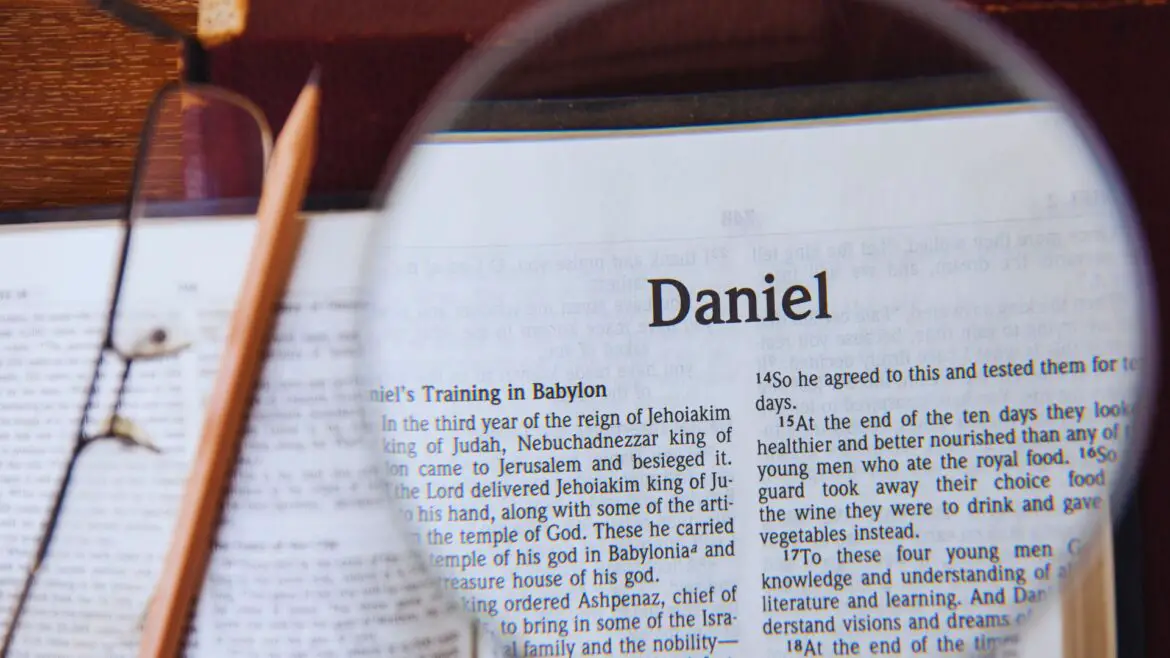In the Book of Daniel, Chapter 4, we witness an extraordinary story about King Nebuchadnezzar’s humbling journey.
This chapter tells us how the mighty king, driven by his pride, is warned by Daniel about his impending downfall.
Despite the warning, Nebuchadnezzar fails to change his ways and is struck with madness, living like a wild animal in the wilderness.
Eventually, he acknowledges the power and sovereignty of God, and after a period of humility, his sanity is restored.
This chapter reminds us that pride comes before a fall, and it’s always important to recognize and submit to God.
5 Lessons we can learn from Daniel Chapter 4
In Daniel Chapter 4, we can learn several valuable lessons:
1. Humility
King Nebuchadnezzar’s downfall was a result of his pride.
By acknowledging God as the only sovereign Lord and recognizing our own limitations, we can cultivate humility in our lives.
2. God’s Sovereignty
As Nebuchadnezzar discovered, God is in control of all things.
His power and authority surpasses anything we can comprehend. We should trust in His plans and submit to His will.
3. Wisdom in Speaking Truth
Standing on the truth of God’s word empowers us to courageously be the voice of wisdom, even in challenging situations.
We shouldn’t shy away from sharing our faith and speaking up for what is right.
4. Recognizing God’s Hand
Nebuchadnezzar learned that no one can ward off God’s hand or question His actions.
We must acknowledge that God has no equal and trust in His perfect ways.
5. Love and Dedication to God
Daniel’s unwavering commitment to loving God with all his heart, soul, and mind serves as an example for us today.
We should prioritize our relationship with Him and not relegate Him to just a part of our lives.
What is the main lesson of Daniel 4?
In Daniel Chapter 4, the main lesson is the importance of humility and recognizing God’s power and importance.
King Nebuchadnezzar’s downfall teaches us that pride leads to destruction while acknowledging God’s authority brings restoration.
We should embrace humility, acknowledge our dependence on God, and not put ourselves above Him.
